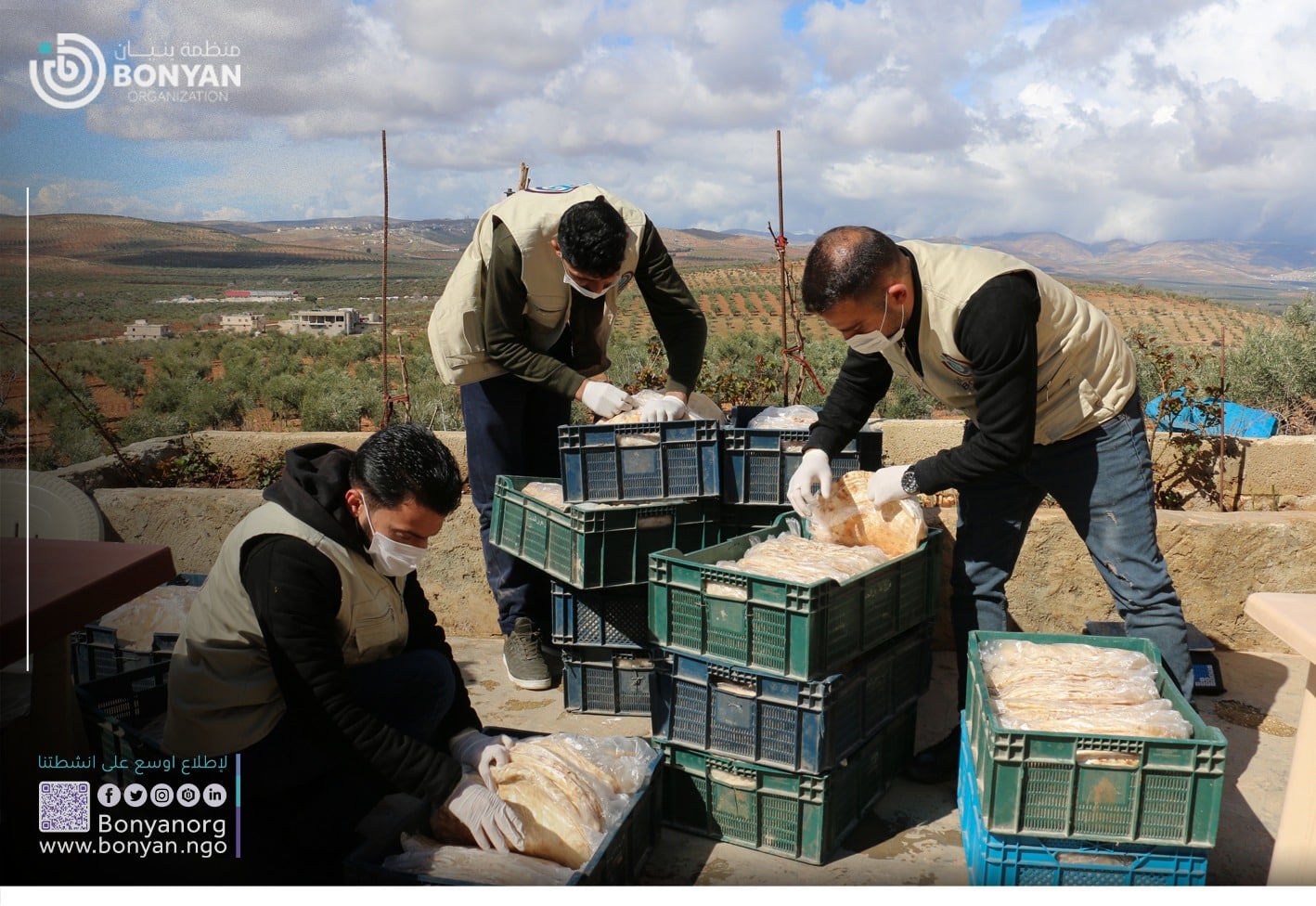Zakat Due on the Property
Due to your property, you have to pay zakat every year for a property bought to sell in the future and earn capital gains.
Zakat is not due on:
- The home you own and live in.
- A home you own where any dependents live (Family, children, etc.).
- A buy-to-let property (but you must pay it on the rent).
Zakat on Land for Use
It depends on how you are going to use the land:
- You don’t have to pay zakat for your own house or the land for your own home.
- For a residential compound, selling units, or renting them, you have to pay zakat for the money you receive, which is 2.5% on the day you receive the money.
On the other hand, if the purpose of buying the land is to sell it in the future or build something on it and sell the house or shop, you have to pay zakat on it at the fair market value of the property each year.
Zakat on Investment Property
Zakat applies on the investment property at its fair market value of 2.5% annually. Some examples of investment properties are;
- Agricultural land to sell.
- A plot is bought to earn capital gains.
- A shop/office/building was bought to sell and earn profits.
Zakat on Rental Property
If the real estate is bought or built to use, such as a shop/house bought to earn rental and not with the purpose of selling, there is no zakat on the property itself.
Once the rental income is received, it becomes cash, and you will pay zakat on it along with other money and assets you are holding on the day you calculate your zakat.
Zakat on Rental Investment Property
If a person purchases a house/shop/office for investment purposes but rents it out for some time to sell it at a reasonable price later, zakat is payable on;
The fair market value of the property each year and Rental Income.
Hence, it is clear that the intention for which the property is bought determines the eligibility for zakat.
Property Tax and Nisab
The zakat that you pay on your property depends solely upon the nisab. This is not the case in property tax. It has an entirely different collection method and criteria. Get to know the difference between zakat on property and property tax.
Nisab of zakat is a minimum amount of money or wealth held for at least one year by the owner. The Nisab, by the gold standard, is 3 ounces of gold (87.48 grams) or its cash equivalent. The nisab, by the silver standard, is 21 ounces of silver (612.36 grams) or its equivalent in cash or any other form of asset.

Examples of Zakat on Property
All the capital assets which generate income are subjected to zakat;
- Residential Properties.
- Investment Properties.
- Agricultural land.
- Land Ownership.
- Development Properties.
Calculate Your Zakat
By calculating your Zakat, you are sure you have the right amount to pay.
At Bonyan, we have a Zakat calculator that helps you calculate your Zakat easily.
Read More:
FAQs
On Which Assets Is Zakat Applicable?
It is applicable to cash, shares, pensions, gold, silver, business goods, and income from investment property.
Do You Pay Zakat on the Value of the Property?
Yes. You do.
Is Zakat Applicable on the Immovable Property?
Yes. It is.
Is there any Zakat in the Plot?
Yes. There is.
When is Zakat Applicable to the Property?
When you buy the property to sell in the future and earn capital gains.



